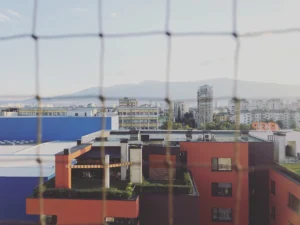
Guest editor Clint Margrave introduces readers of English to an eclectic mix of poets, both established and emerging, who are defining the Bulgarian literary scene right now. Check back daily throughout November for new poetry from Bulgaria.

Guest editor Clint Margrave introduces readers of English to an eclectic mix of poets, both established and emerging, who are defining the Bulgarian literary scene right now. Check back daily throughout November for new poetry from Bulgaria.
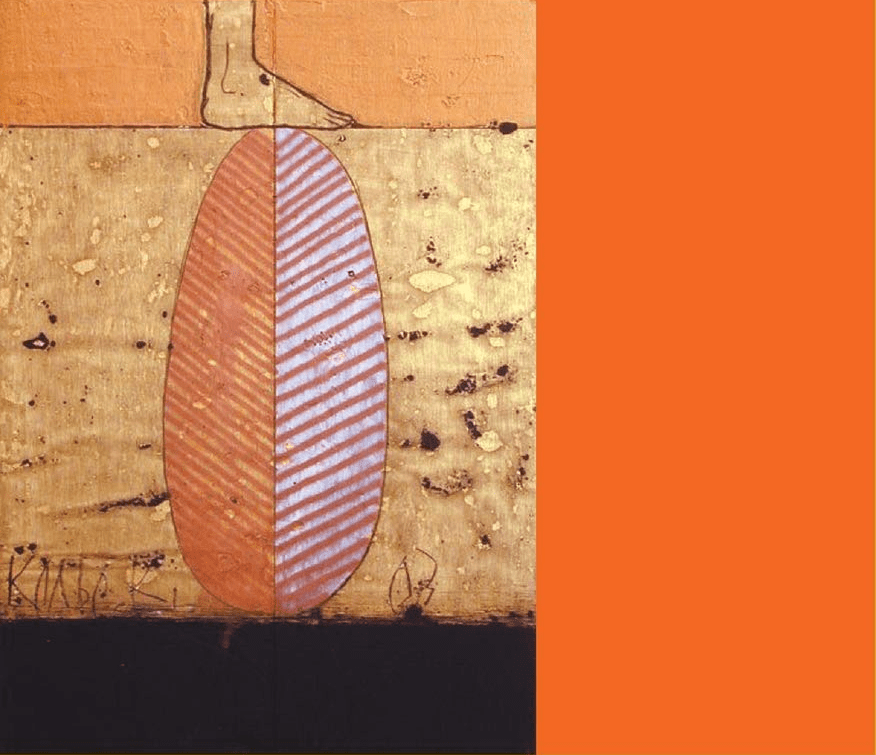
Poet and translator Tom Phillips offers a guide to contemporary Bulgarian poetry in translation
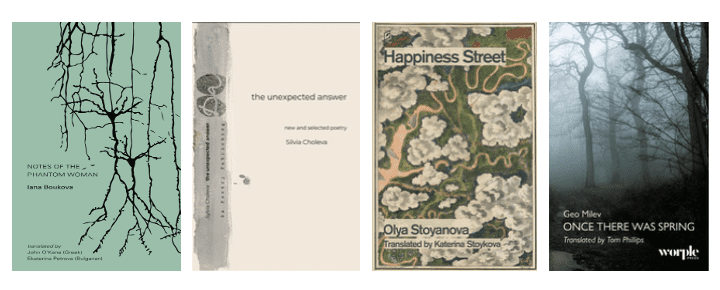
Drew Rollins and James Peake review four new books of contemporary Bulgarian poetry in translation. Edited by Clint Margrave.
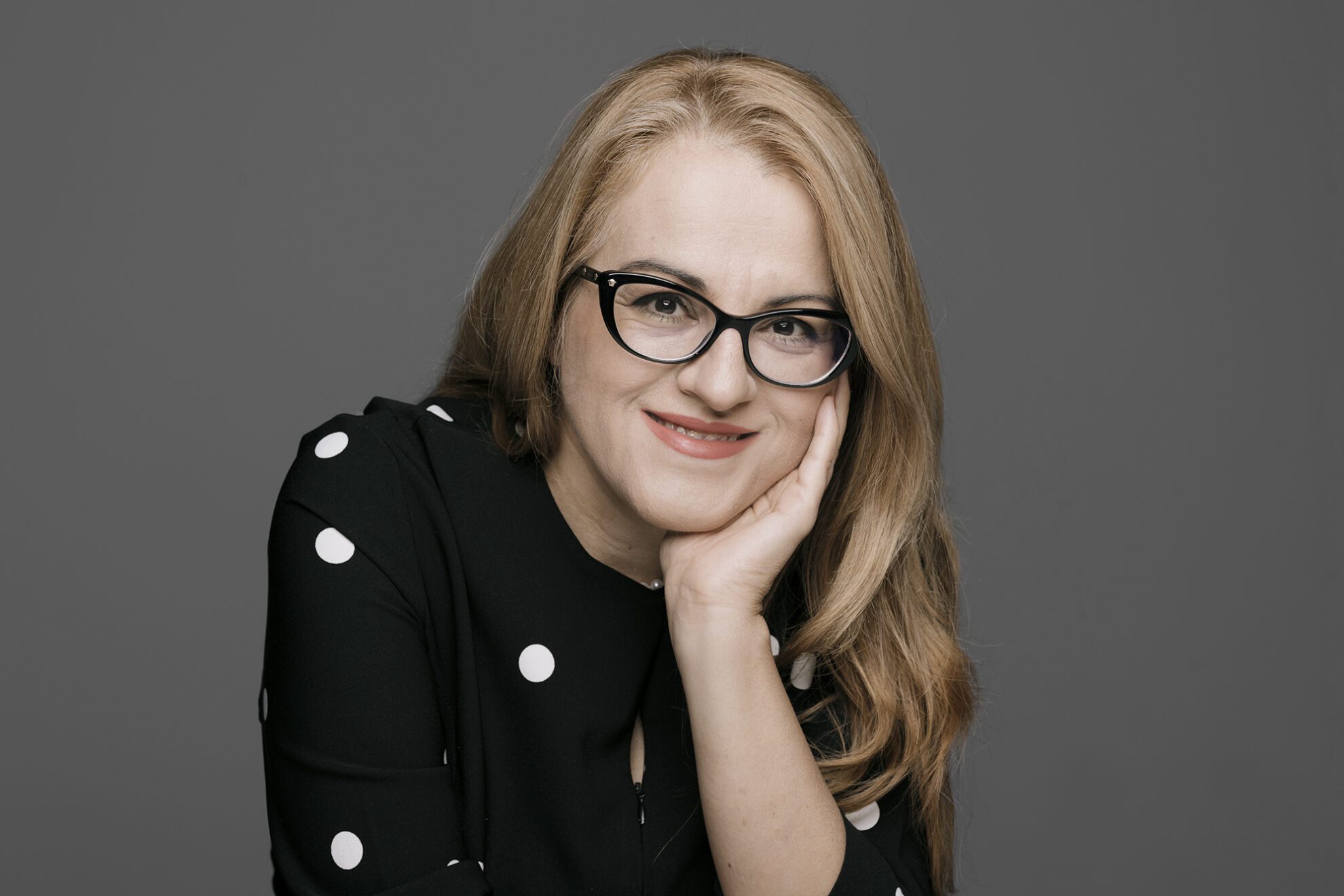
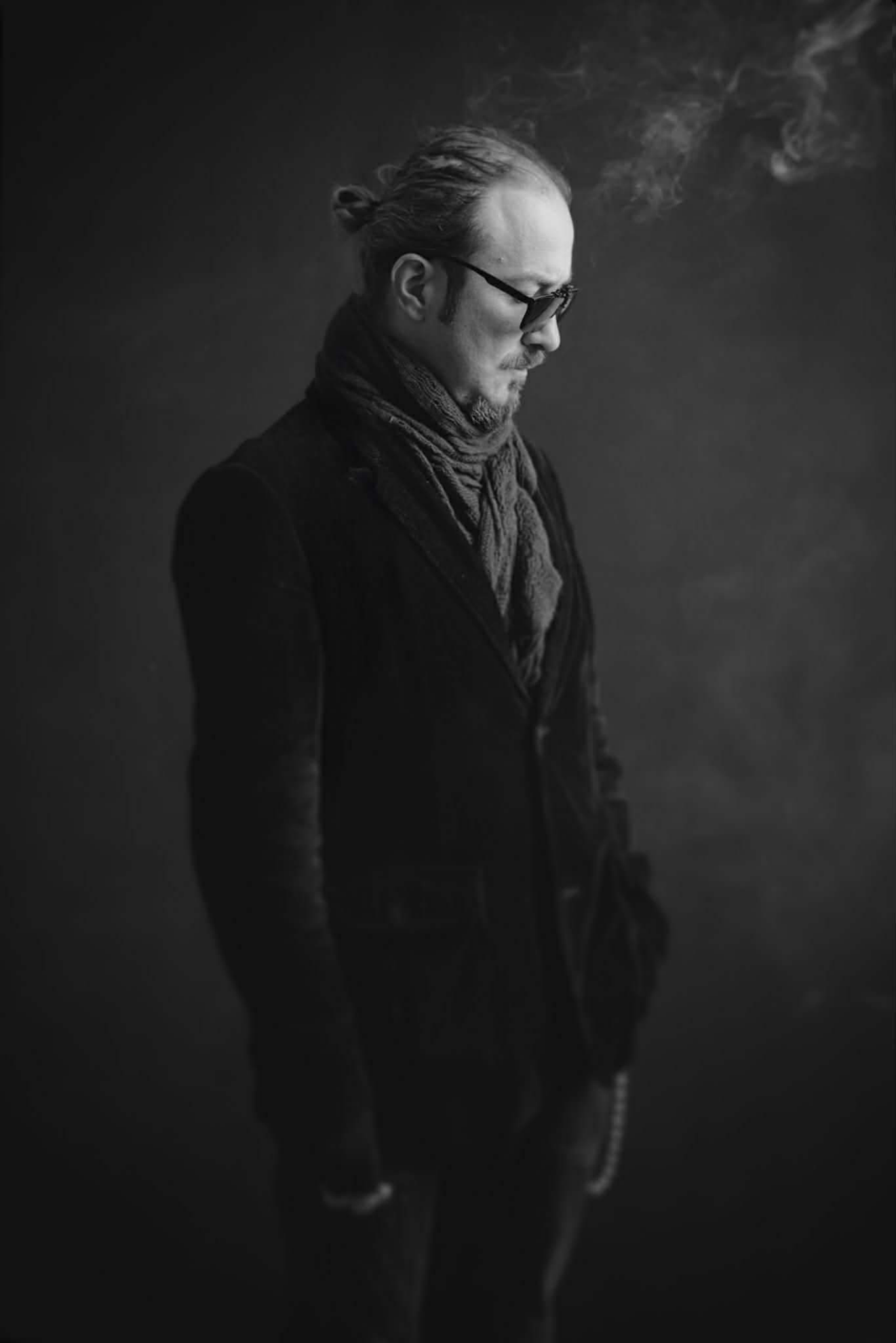
“From now until the end of time, / I’ll sing this song — so listen, listen: / between my wings it’s, oh, so empty”
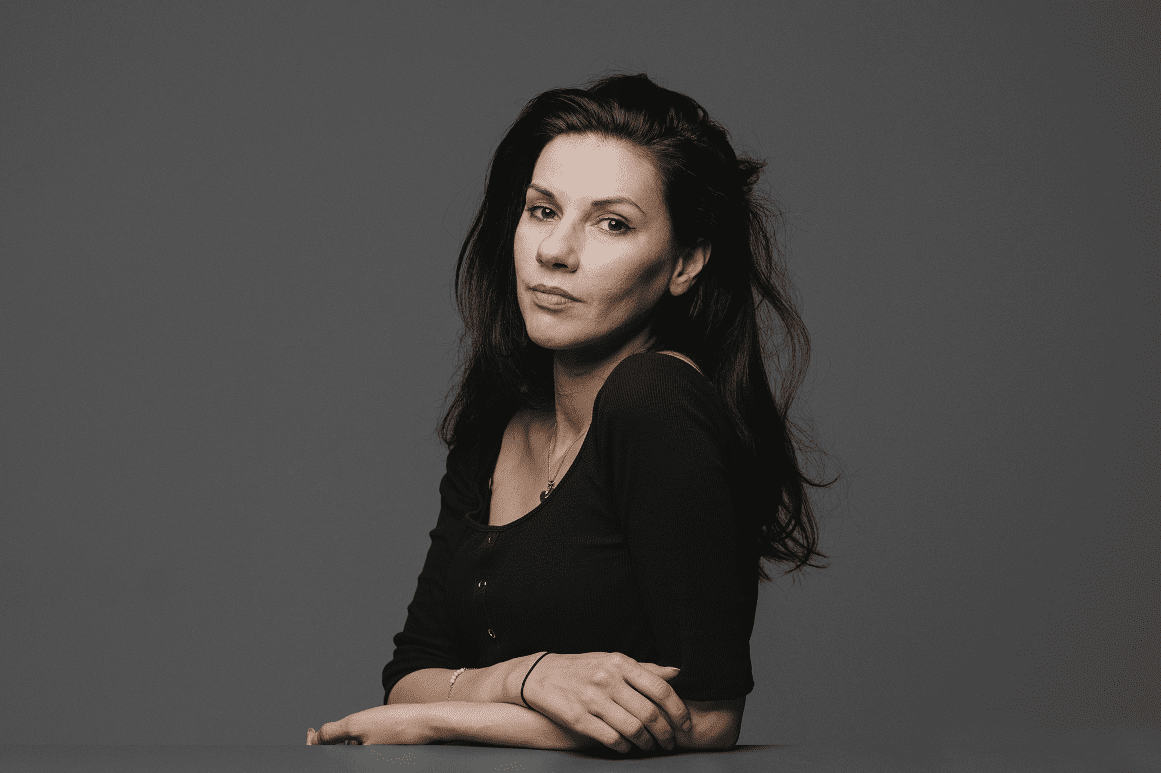
“You think / partings are simple– / one gets on the train / the other lies down on the tracks”

“From now until the end of time, / I’ll sing this song — so listen, listen: / between my wings it’s, oh, so empty”
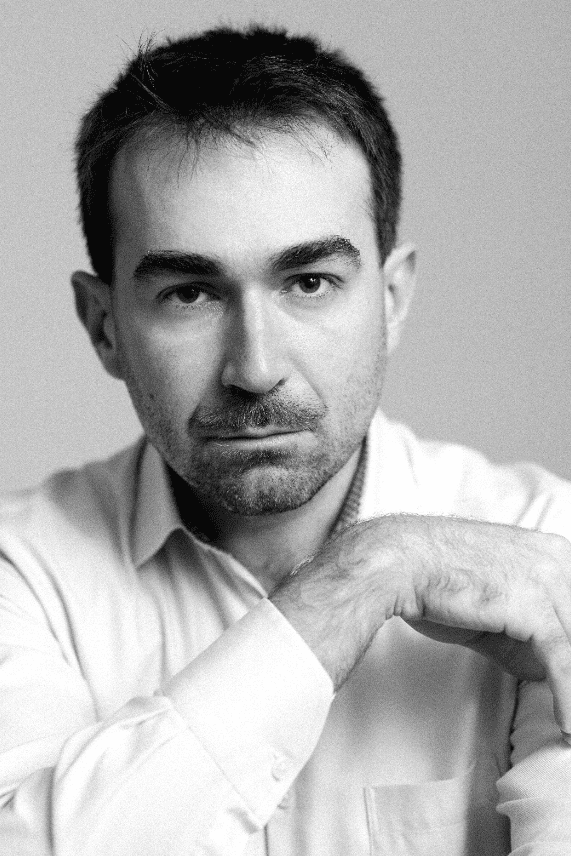
“you’ve seen your sleeping father so many times”
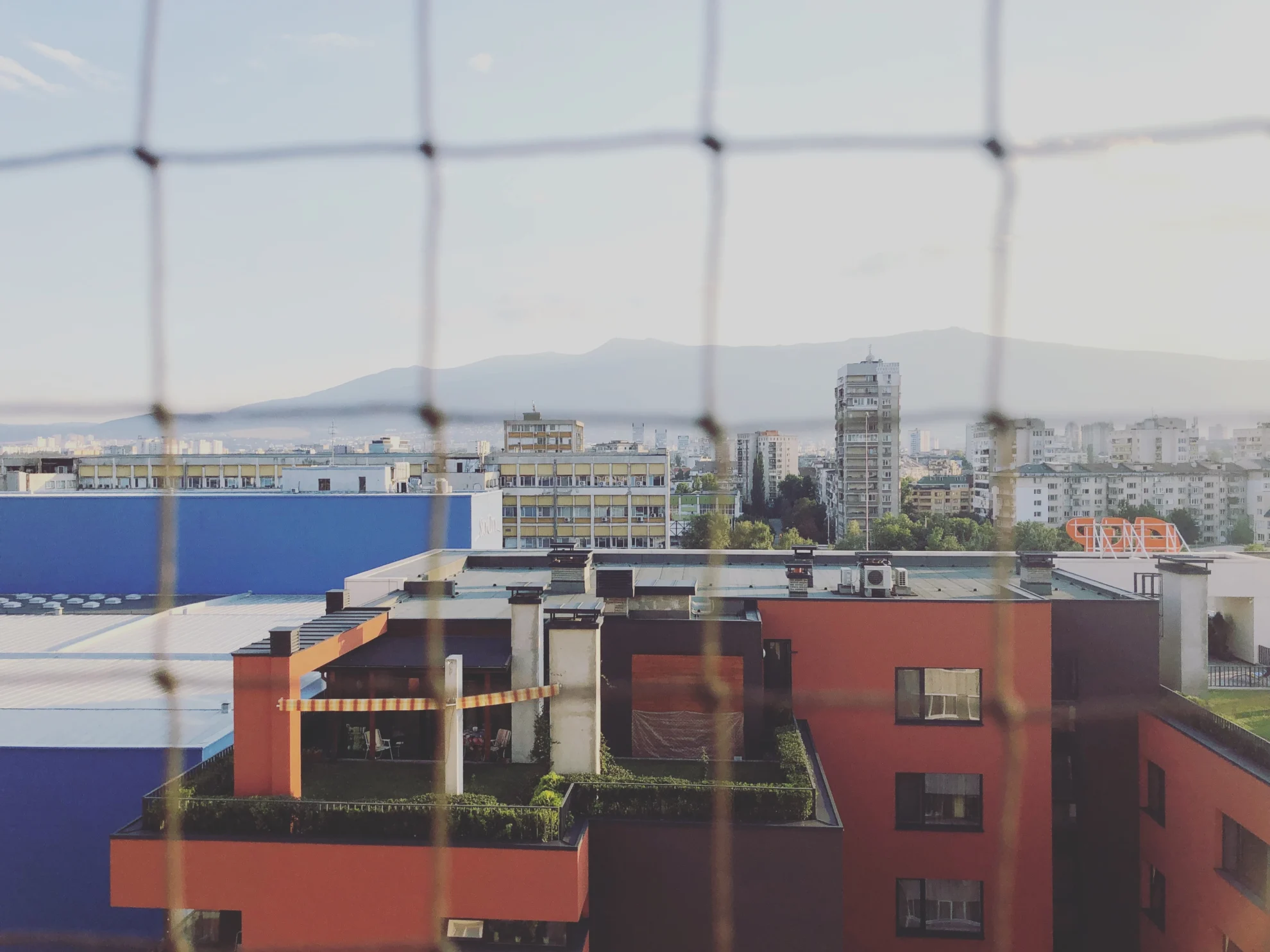
Guest editor Clint Margrave introduces readers of English to an eclectic mix of poets, both established and emerging, who are defining the Bulgarian literary scene right now. Check back daily throughout November for new poetry from Bulgaria.
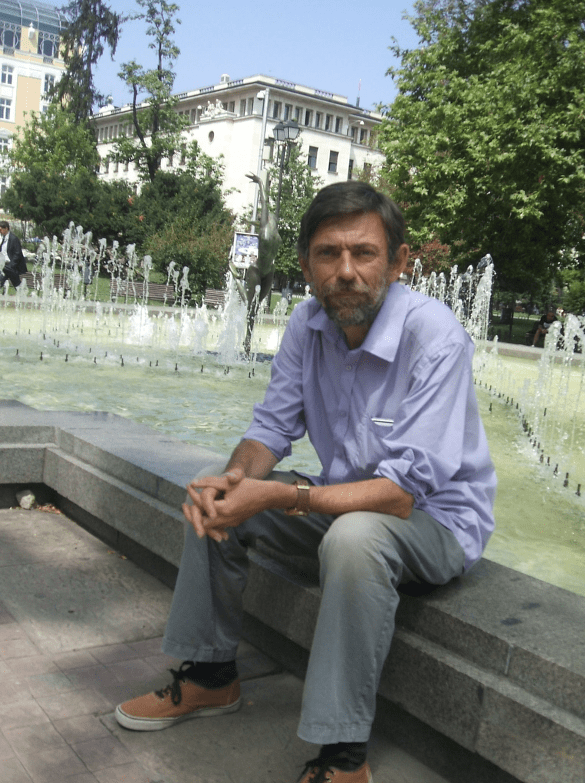
“Behind his back he hears a sound he expected: / the footsteps he remembers from a distant past”

I no longer blame you for going into the sea and not coming back.

God this poetry’s made me so horny / it’s made me forget my own existence





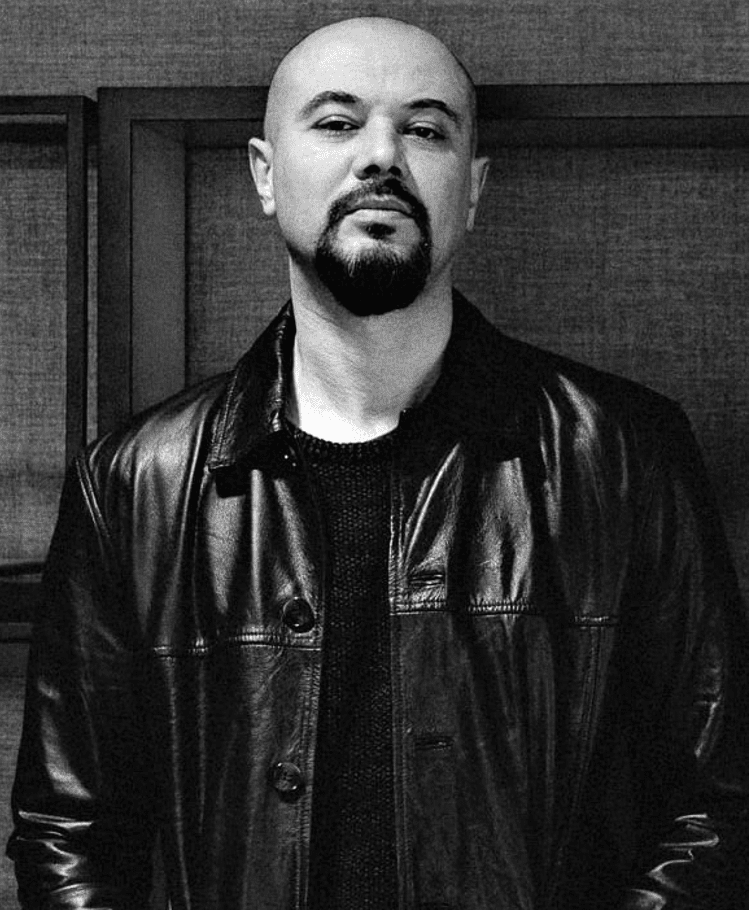

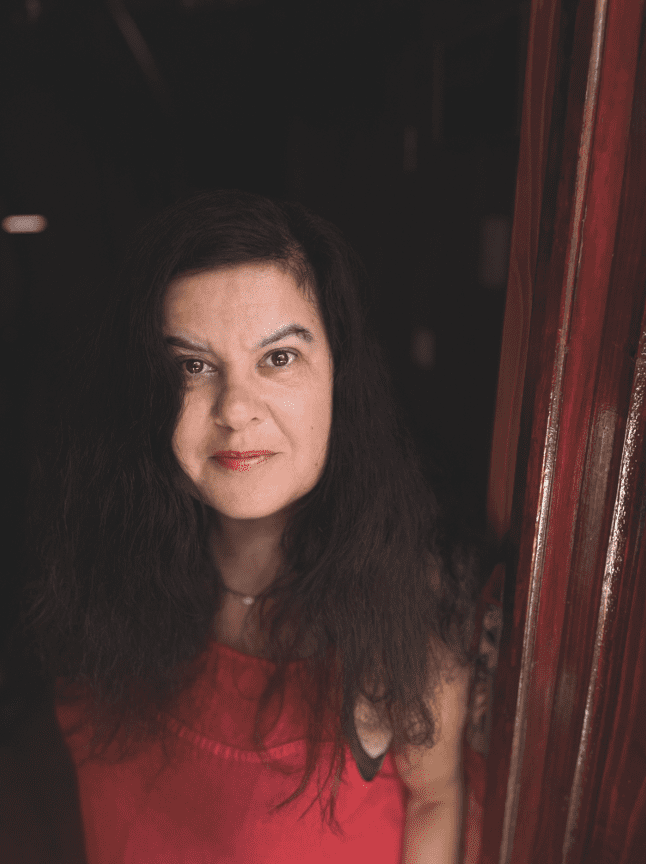
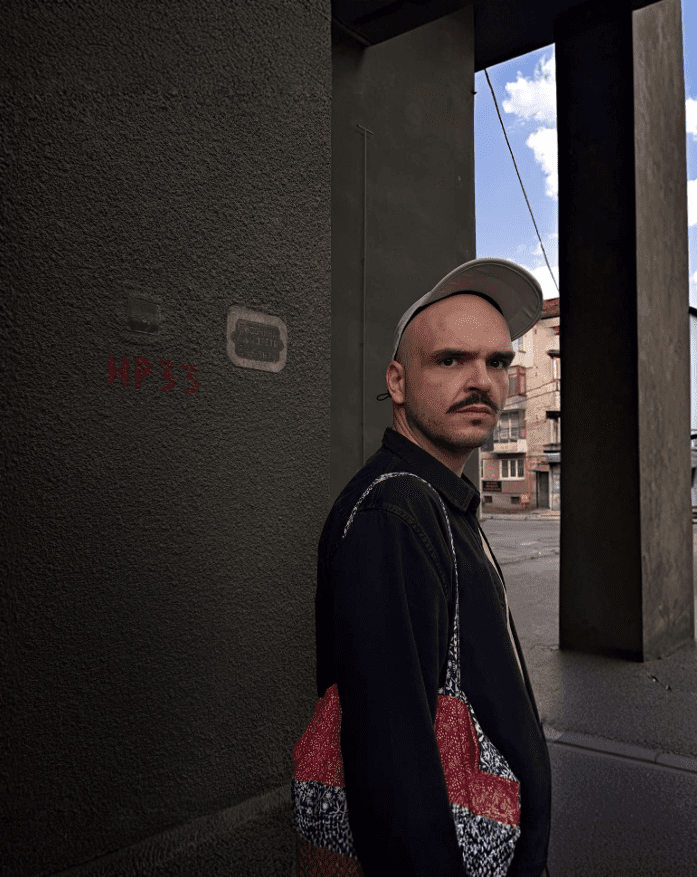
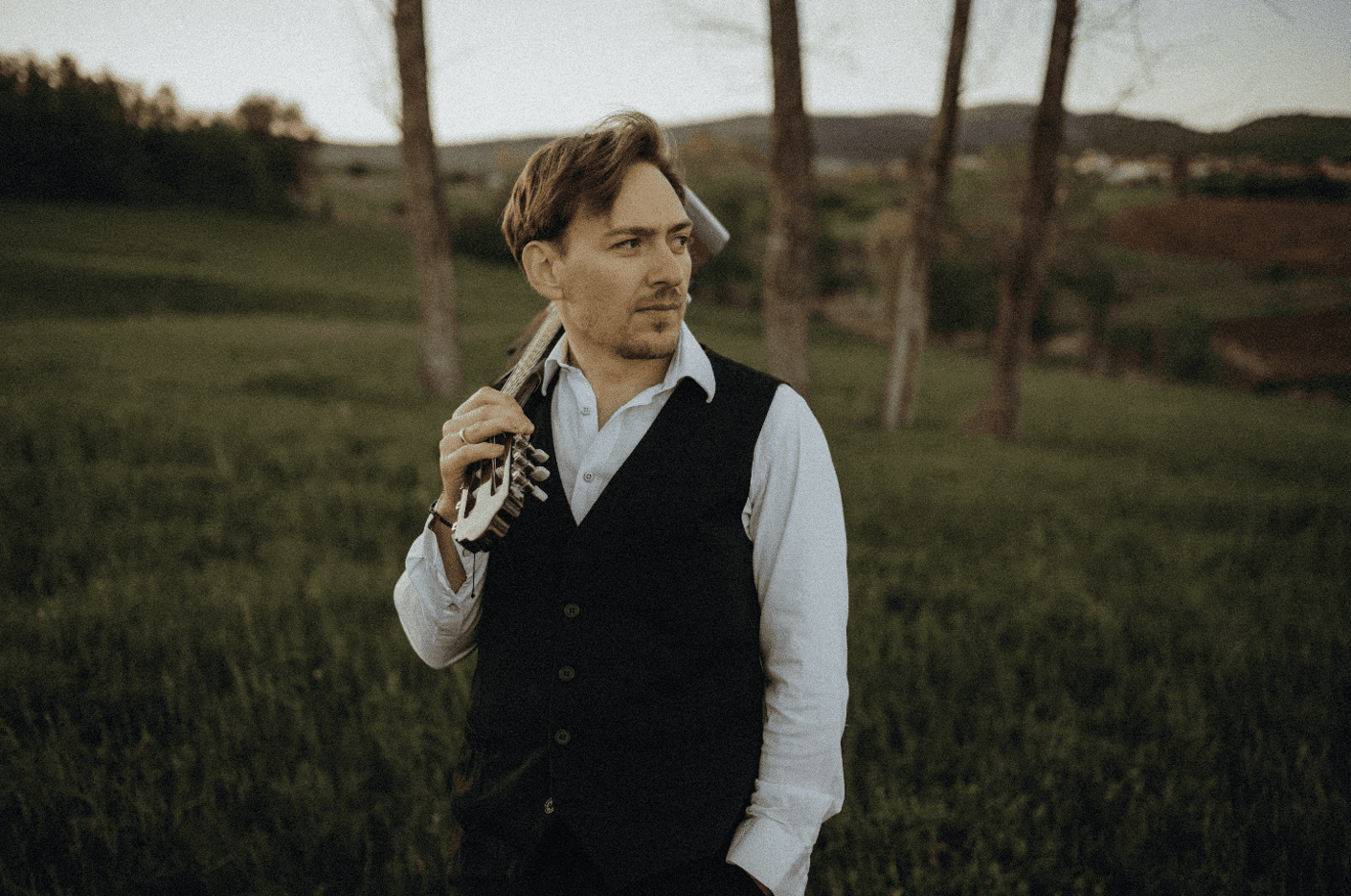


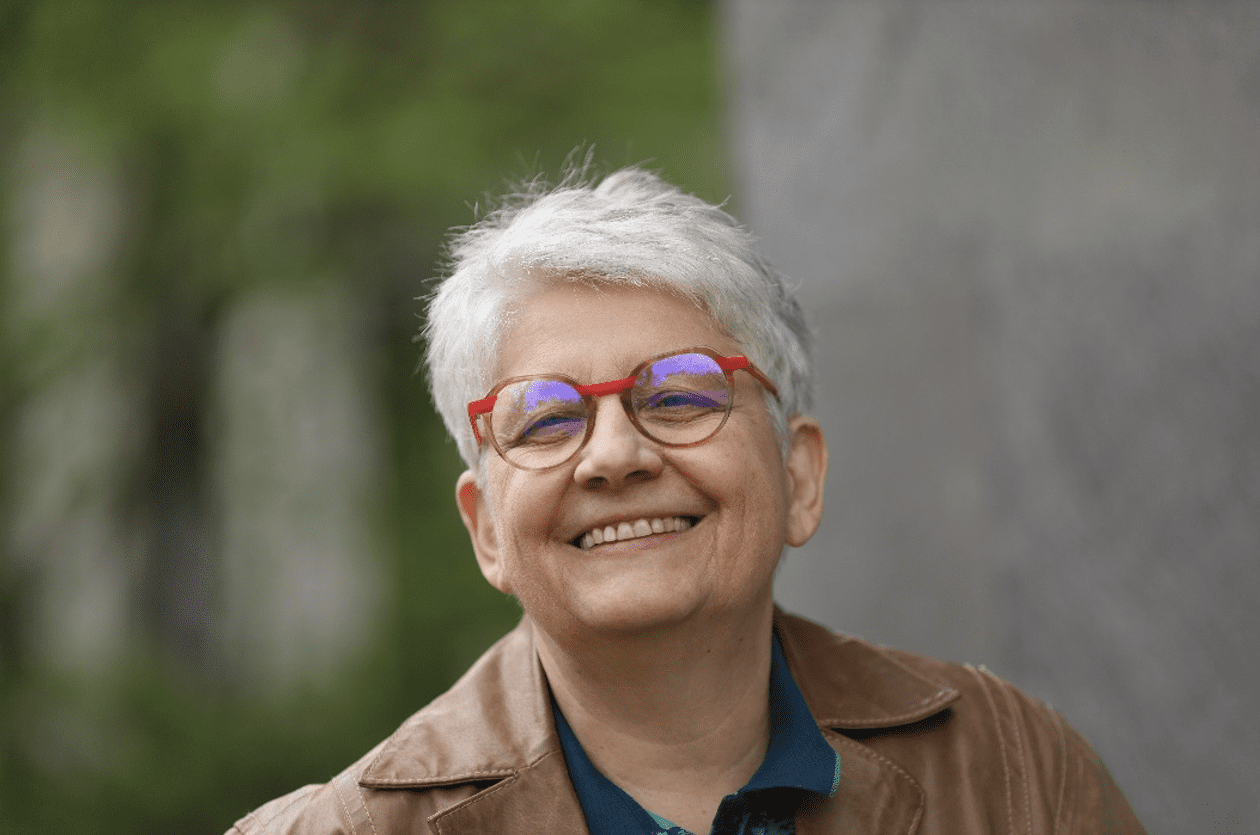

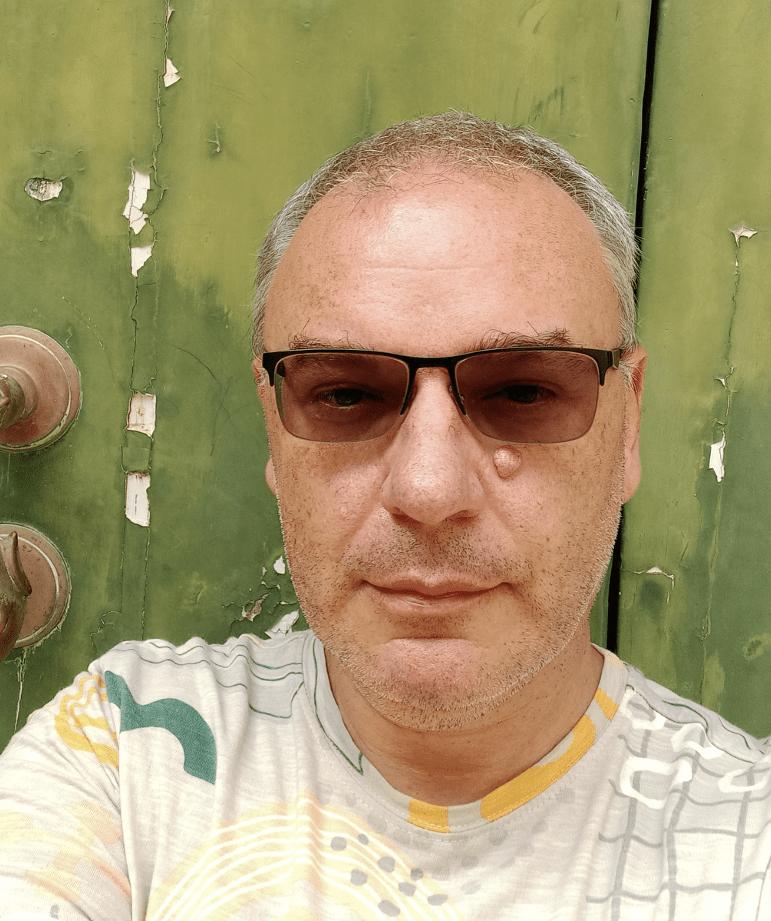
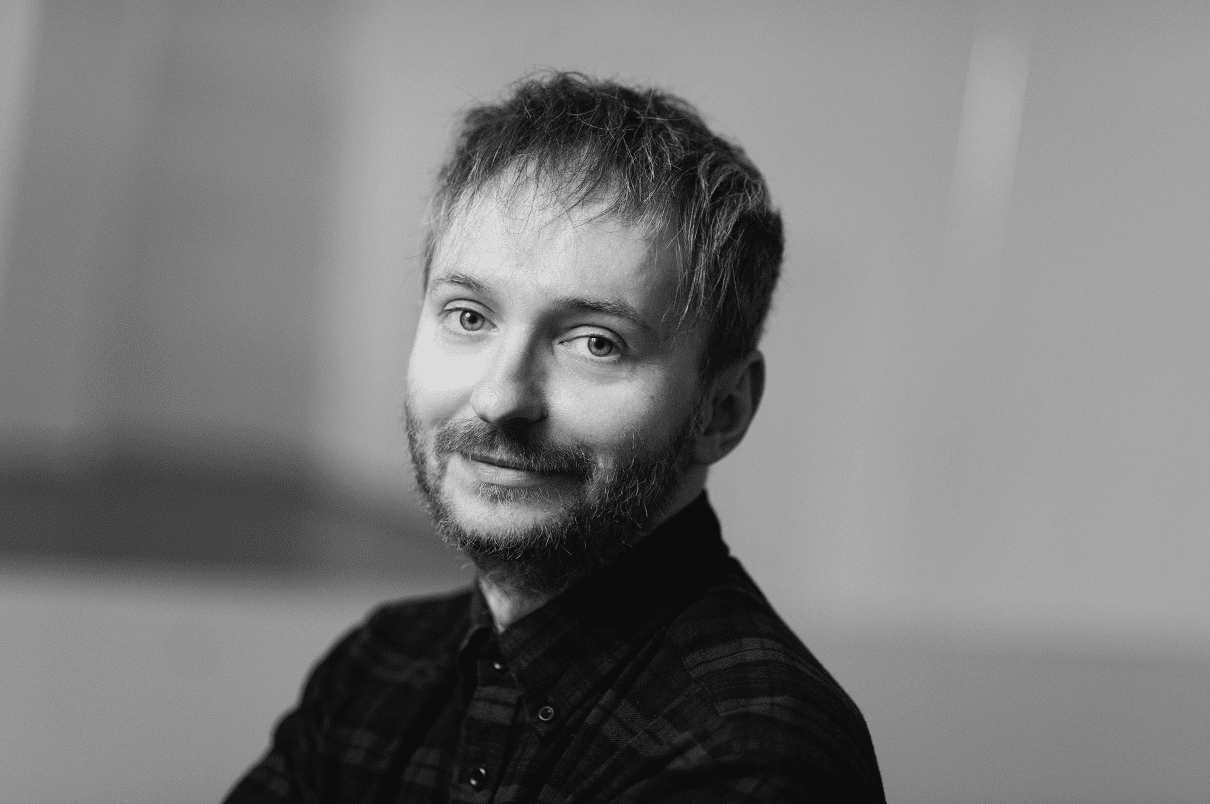
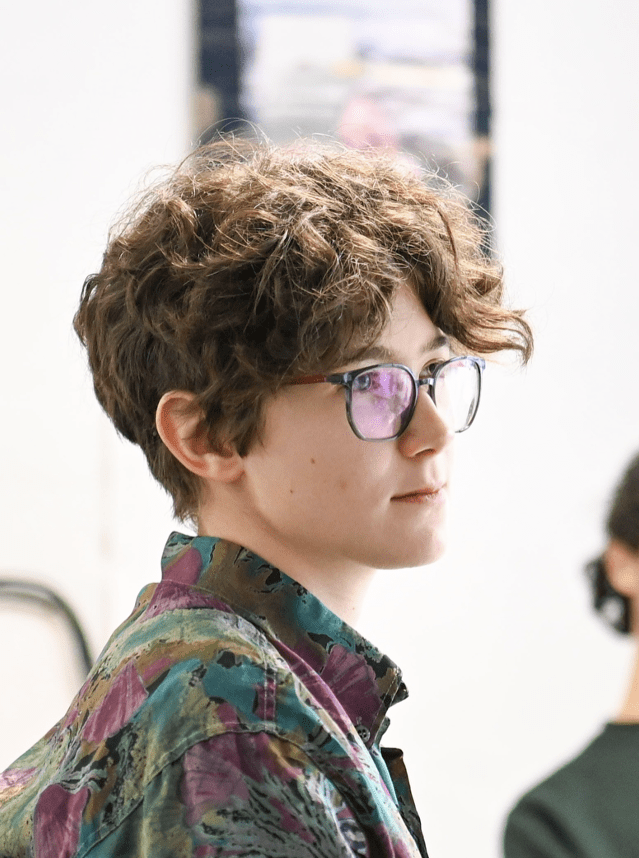
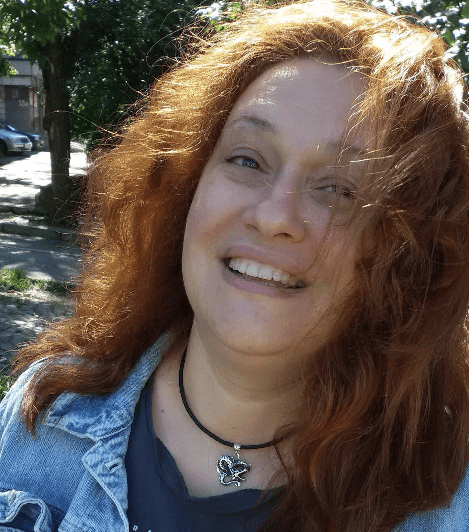







Poet and translator Tom Phillips offers a guide to contemporary Bulgarian poetry in translation

“The world is wide, and short on time”

“From now until the end of time, / I’ll sing this song — so listen, listen: / between my wings it’s, oh, so empty”

“You think / partings are simple– / one gets on the train / the other lies down on the tracks”

“My damp words fall to the floor, / lifeless and unwanted, / where they sizzle on the smoldering / embers of her grammar”

“Behind his back he hears a sound he expected: / the footsteps he remembers from a distant past”

The peddler could hardly see the path in front of him, and cursed himself for failing to buy new oil for his lantern. Twice he
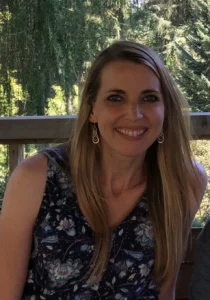
No one knows how much the silverware drawer matters. It rattles in Leah’s mind if it’s left unorganized. She checks it often.

He didn’t recognize me, or else pretended not to see me. A neighbour who doesn’t say hello. I’m a neighbour who is see-through, perhaps completely invisible, not
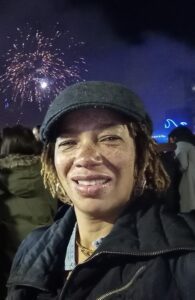
My sister bought me a “Sucka Free” hoodie in the ‘80s when Yo! MTV Raps was hot. I wore that shirt till the hole under
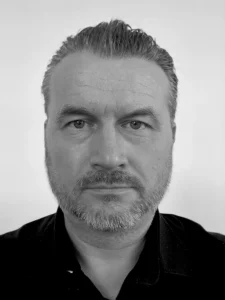
Geoffrey pulls his hand from his pocket and withdraws the four-inch handle of a switchblade knife. Jason’s face turns ghostly. The American yells and runs

Horror stares back at me surreptitiously from every corner of the flat with wide-open cats’ eyes. The reflexes I had of old have become alien
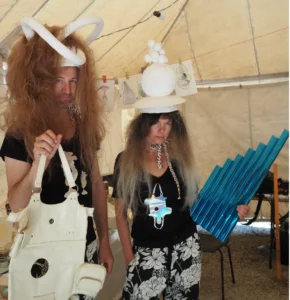
B O D Y’s art editor Jessica Mensch meets up with Montreal-based artists Sarah Wendt & Pascal Dufaux at their Montréal studio to talk about their recent solo show, Miel du temps, at Musée d’art de Joliette, in Joliette, Quebec.

B O D Y interviews Scott Kiernan, a New York-based artist whose video, photo and installation works interact in ways that address their own materiality and means of distribution.
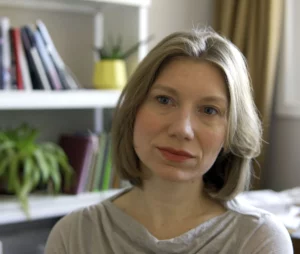
Anna Hawkins is an artist who works primarily in moving image and installation with an interest in the ways that images, gestures and language are circulated and transformed online and the impacts of technology on the intimate spheres of daily life.

Weaving together disparate references spanning across histories and geographies, German interdisciplinary artist Johanna Strobel explores the entanglement between philosophy, semiotics, and actuality.

Padma Rajendran’s works on fabric experiment with the clash and combination of patterning and storytelling. She received her MFA from Rhode Island School of Design and teaches drawing at Vassar College.
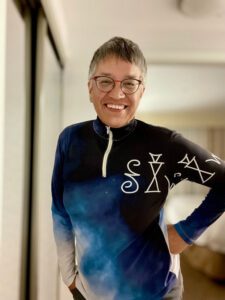
Mi’kmaq/L’nu artist and author Michelle Sylliboy was born in Boston, Massachusetts, and raised on her traditional L’nuk territory in We’koqmaq, Cape Breton. Her published collection of photographs and L’nuk hieroglyphic poetry, Kiskajeyi—I Am Ready, won the 2020 Indigenous Voices Award. Jessica Mensch interviewed her this summer at her home.

Poet and translator Tom Phillips offers a guide to contemporary Bulgarian poetry in translation

Drew Rollins and James Peake review four new books of contemporary Bulgarian poetry in translation. Edited by Clint Margrave.
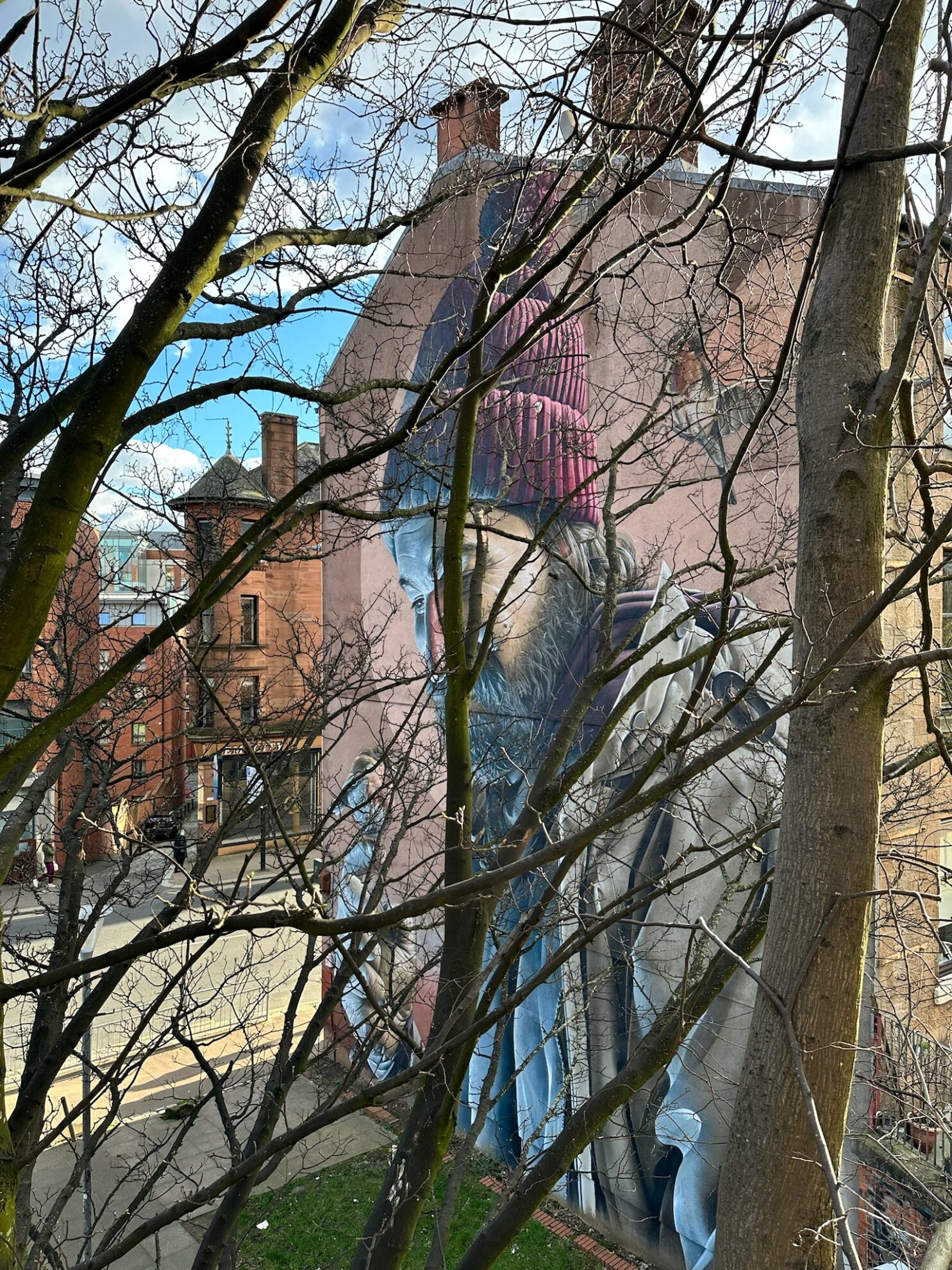
B O D Y reviews new pamphlets by David Kinloch, James Appleby, and Sophie Cooke.
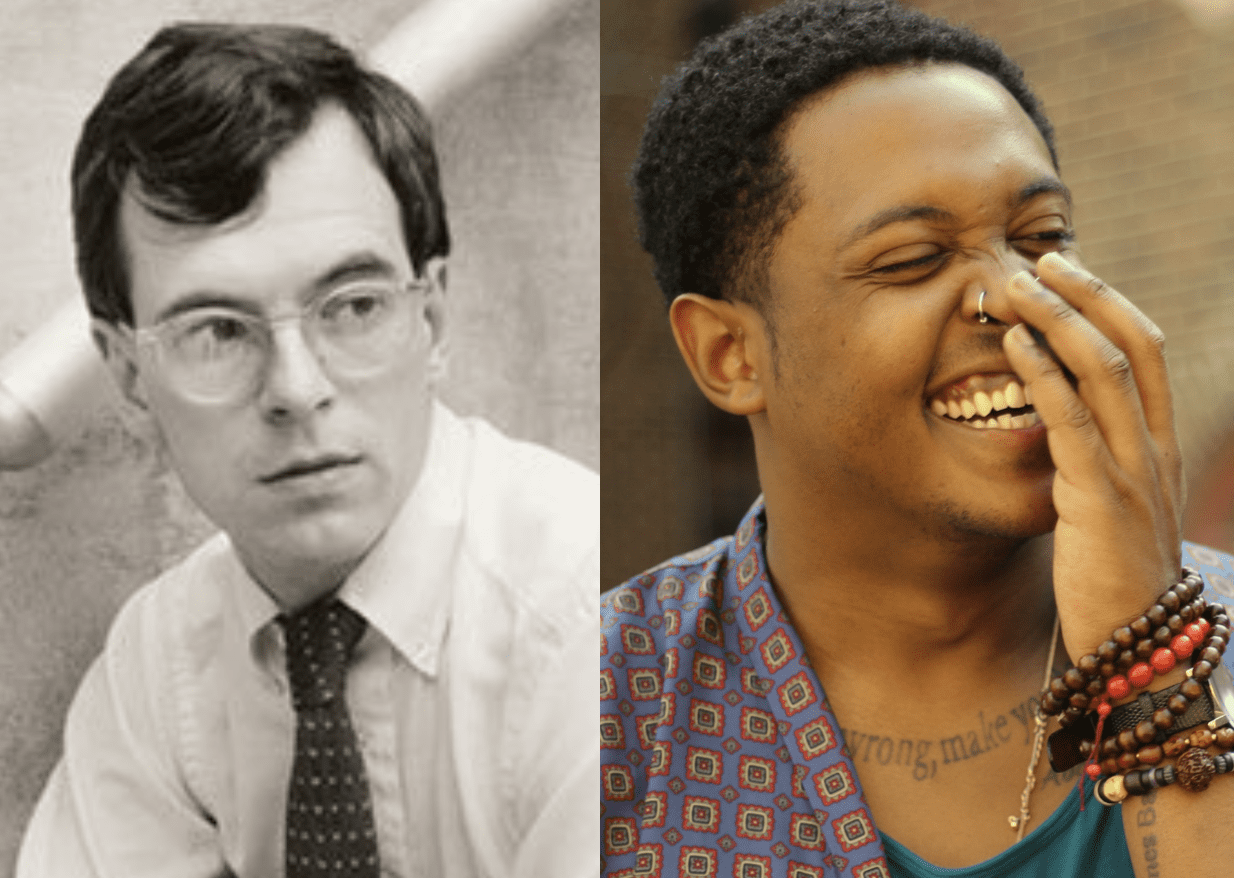
Stephan Delbos on the poetry of Tim Dlugos and Danzez Smith, two poets whose poetry clarifies the evolving relationship between American society & AIDS and shows how poetry can follow truth through taboo.
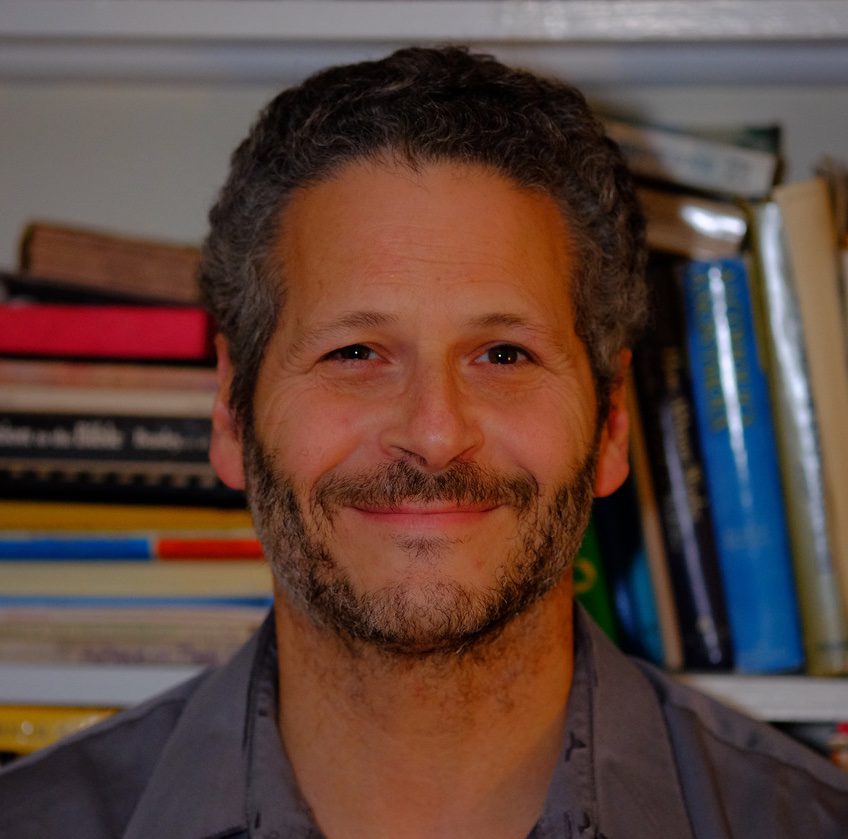
Hostovsky’s fondness for words and keen ear for spoken language benefit his writing: he can record and create dialogue in a brilliant and natural way. In this respect, he has more in common with short-story writers than with most contemporary poets, who tend to avoid direct speech.
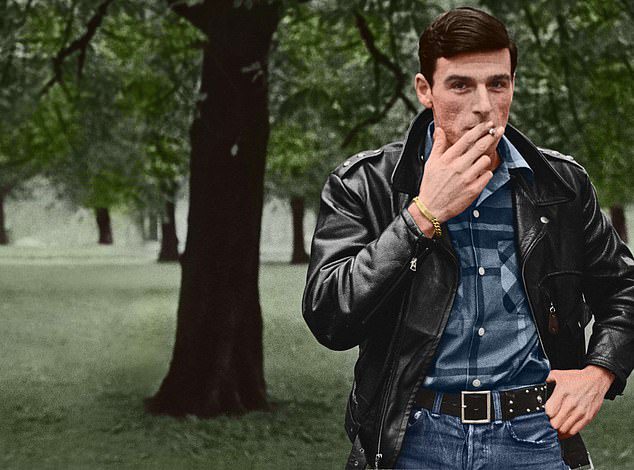
W. H. Auden once said that poets should dress like businessmen. Thom Gunn preferred leather and chains.

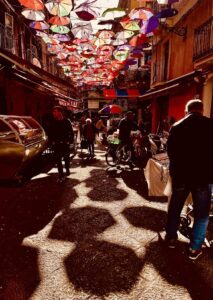
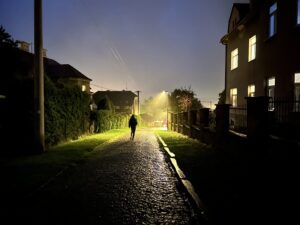

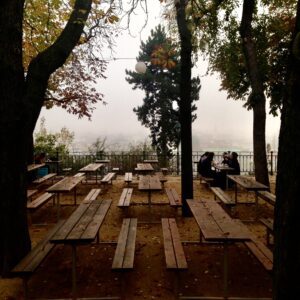

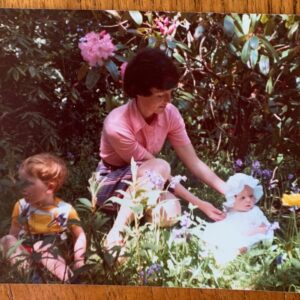

© 2025 | B O D Y | bodyliterature.com